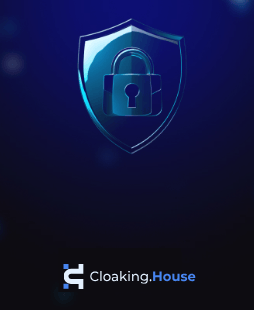Publication date: 14 November 2024
What is Web 3.0 gaming?
Web 3.0 (Web3) games are a new stage in the development of the gaming industry, where blockchain in Telegram messenger and decentralized technologies play a key role. Unlike traditional games, where all data and assets are controlled by a single company, Web 3.0 games give users more freedom and options. In such games, players can own in-game assets, earn cryptocurrency for in-game actions, and participate in game management through decentralized systems.
Key features of Web3 games
- Decentralization. Game data and assets are not stored on a company’s servers, but distributed across a blockchain network.
- Digital asset ownership. Players can own characters, items, currency, and other in-game content and freely trade them on external platforms.
- Cryptocurrency-based economy. Users can earn cryptocurrency (e.g., tokens) for completing in-game tasks, participating in events, and other activities.
- Transparency and security. Blockchain makes all in-game transactions and actions transparent, while protecting game assets from modification by developers.
Web3 game examples
One of the first Web 3.0 projects was the game Notcoin, in which users “farm” coins of the same name by simply clicking on the screen. This simple but engaging experience became the basis for future projects such as Hamster Combat, X Empire and Blum.
Another prime example is Lost Dogs, where users controlled the fate of lost dogs and competed against each other by wagering in-game currency. Such games offer a unique combination of gamification, earning, and social interaction, attracting more and more users.
The future of Web 3.0 games
Web 3.0 games are creating a new gaming reality where the lines between entertainment and monetization are blurring. The future holds more games with elements of decentralization, real cryptocurrency rewards, and the ability to create your own game assets. Web 3.0 continues to transform not only the gaming industry, but also the approach to the digital world itself, where users become full owners of their data and assets.
Share it with your friends via favorite social media
















